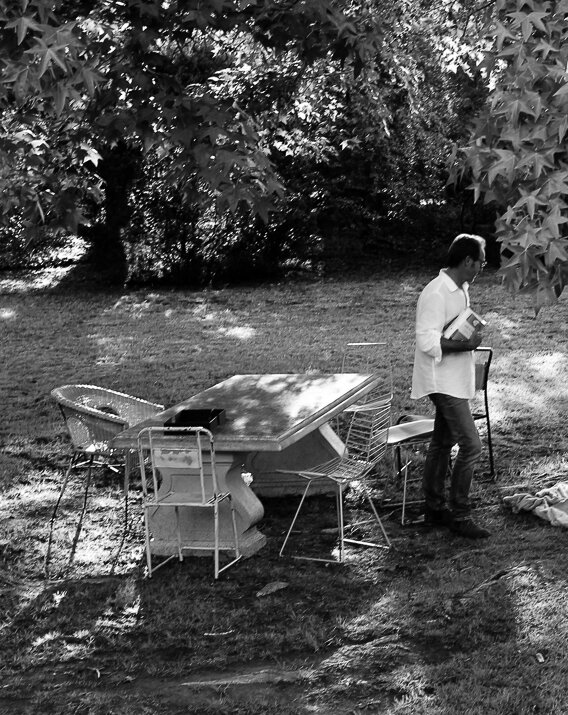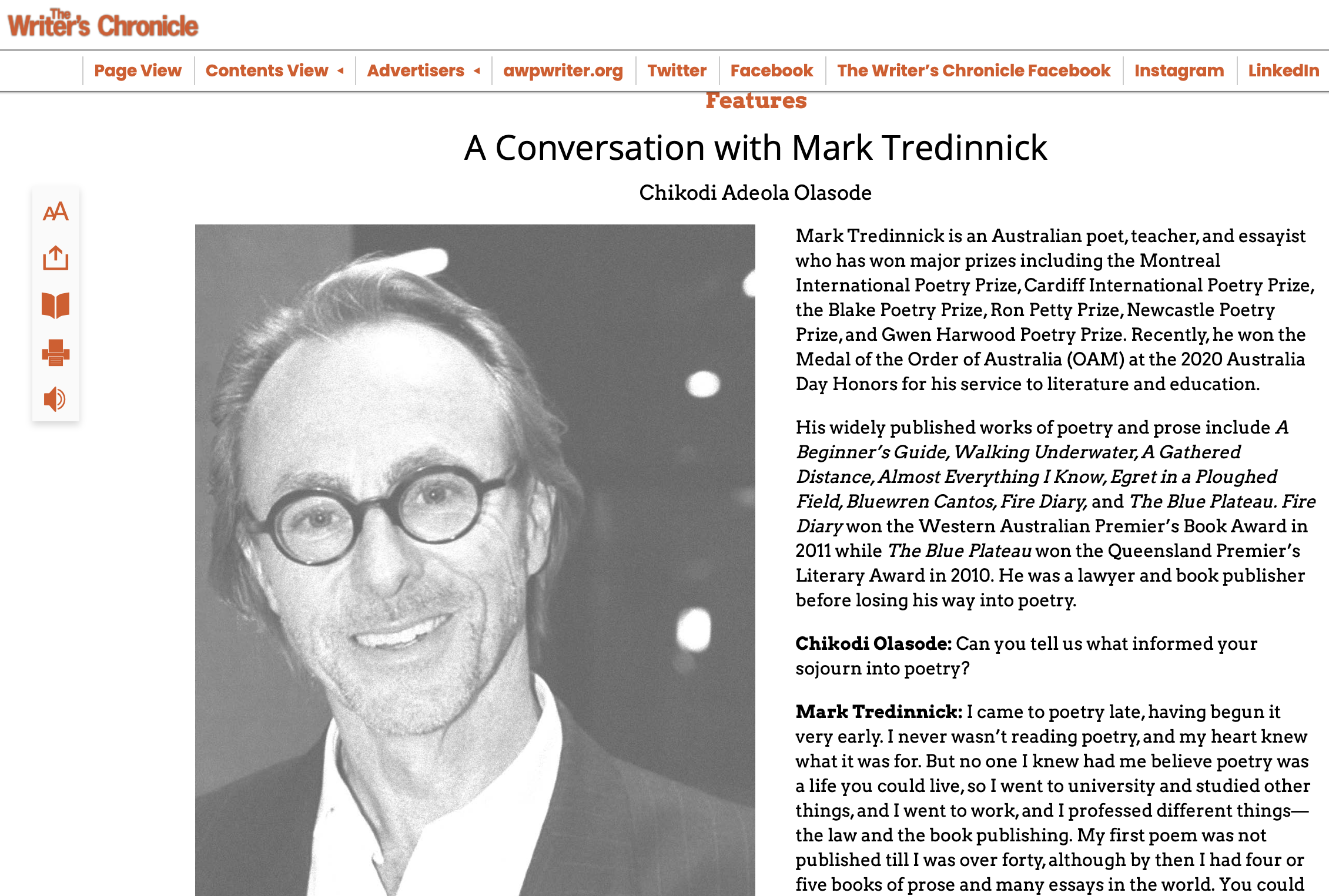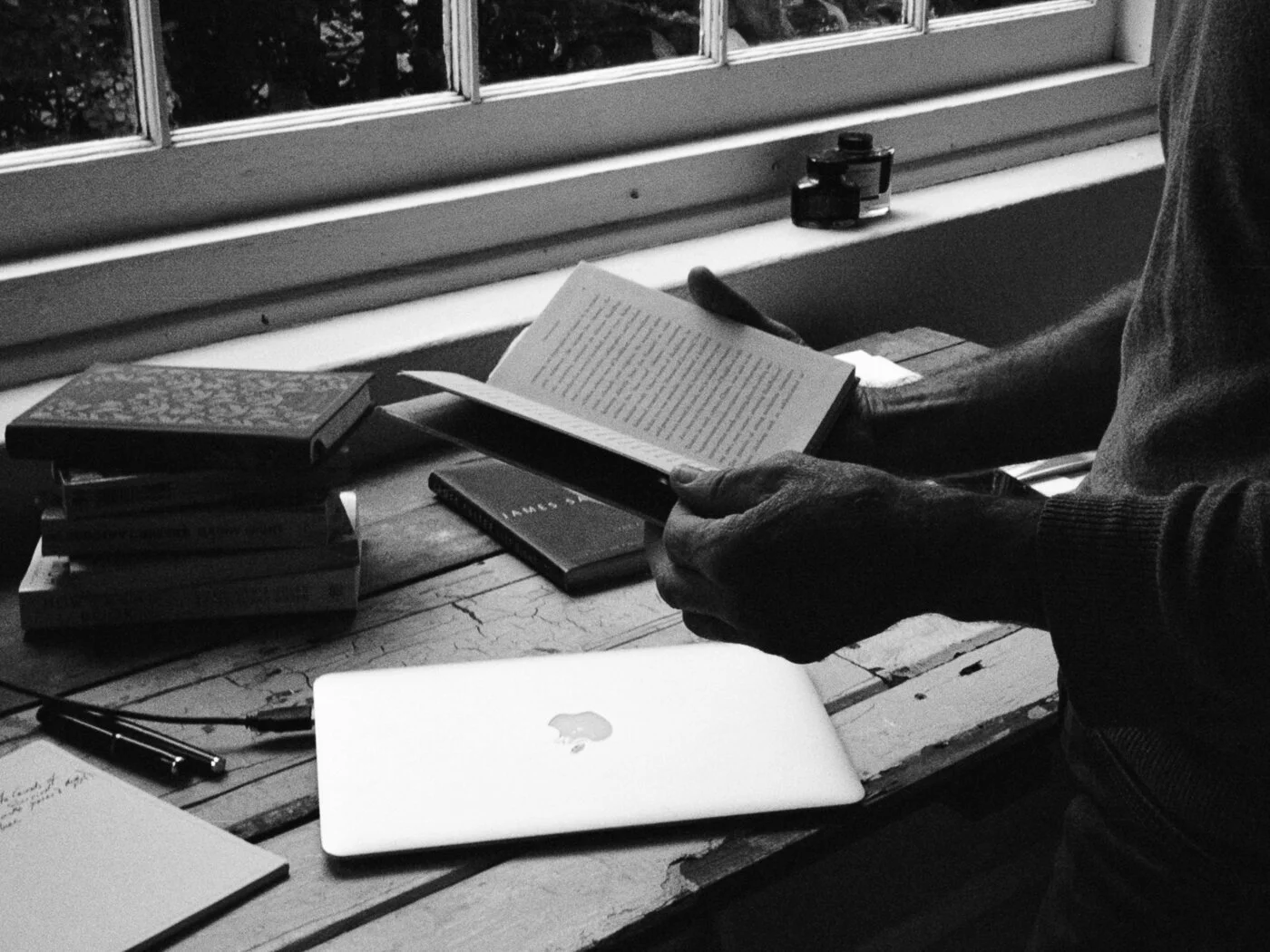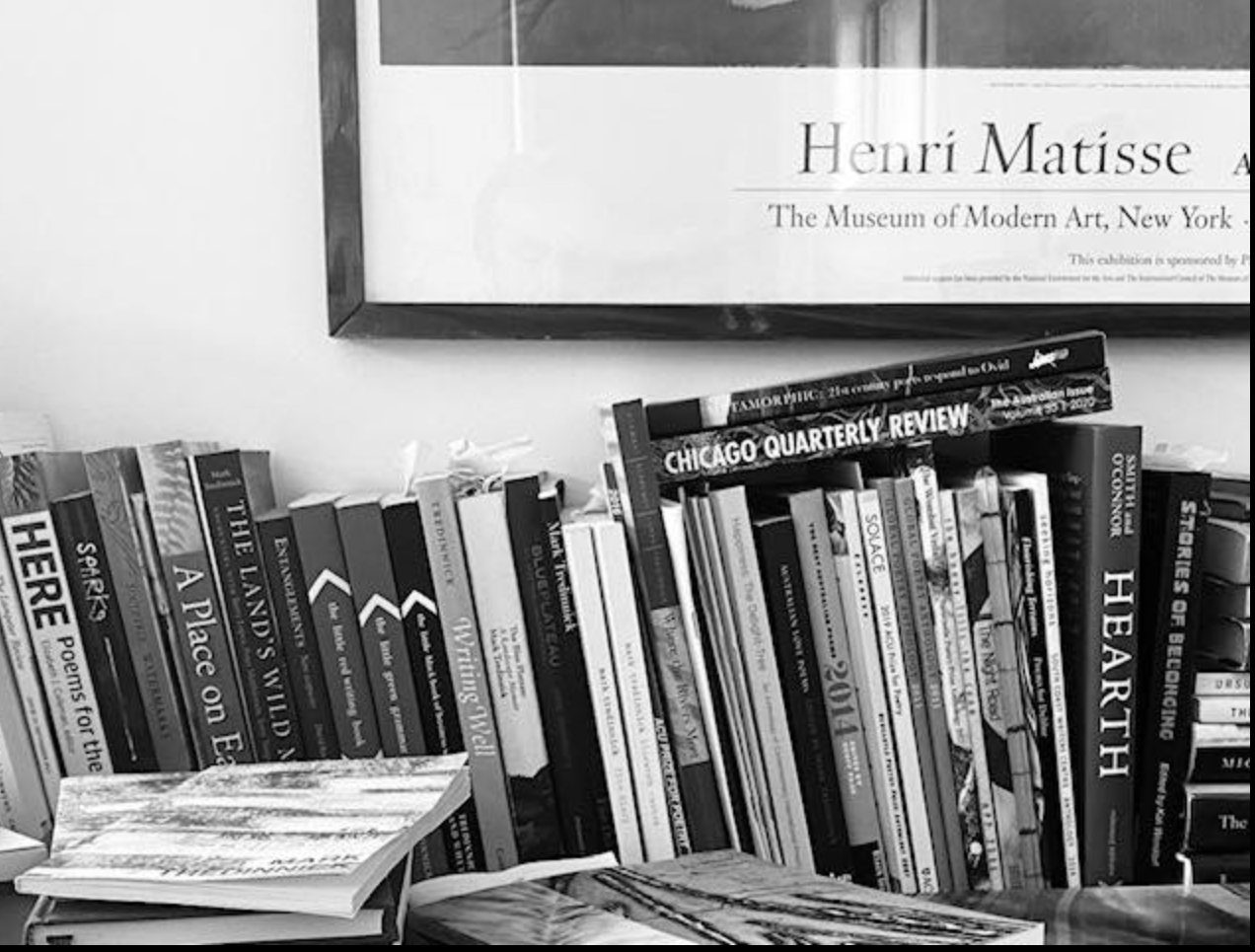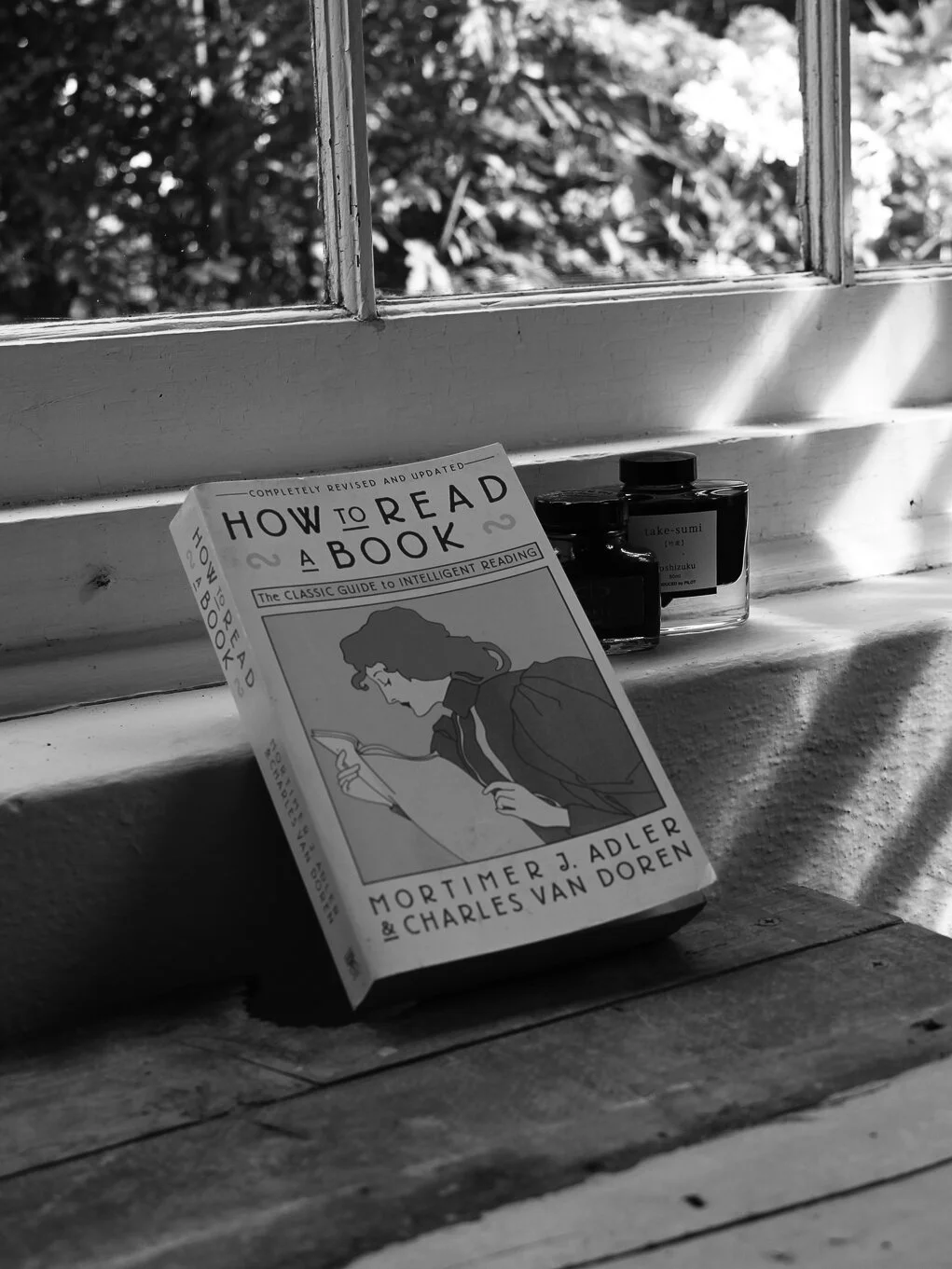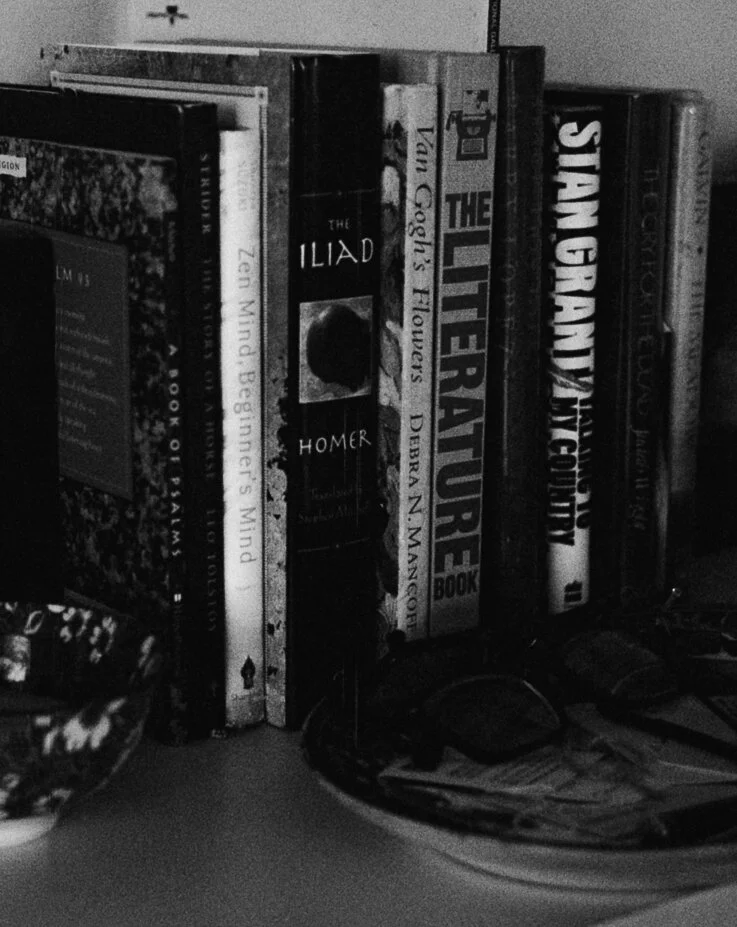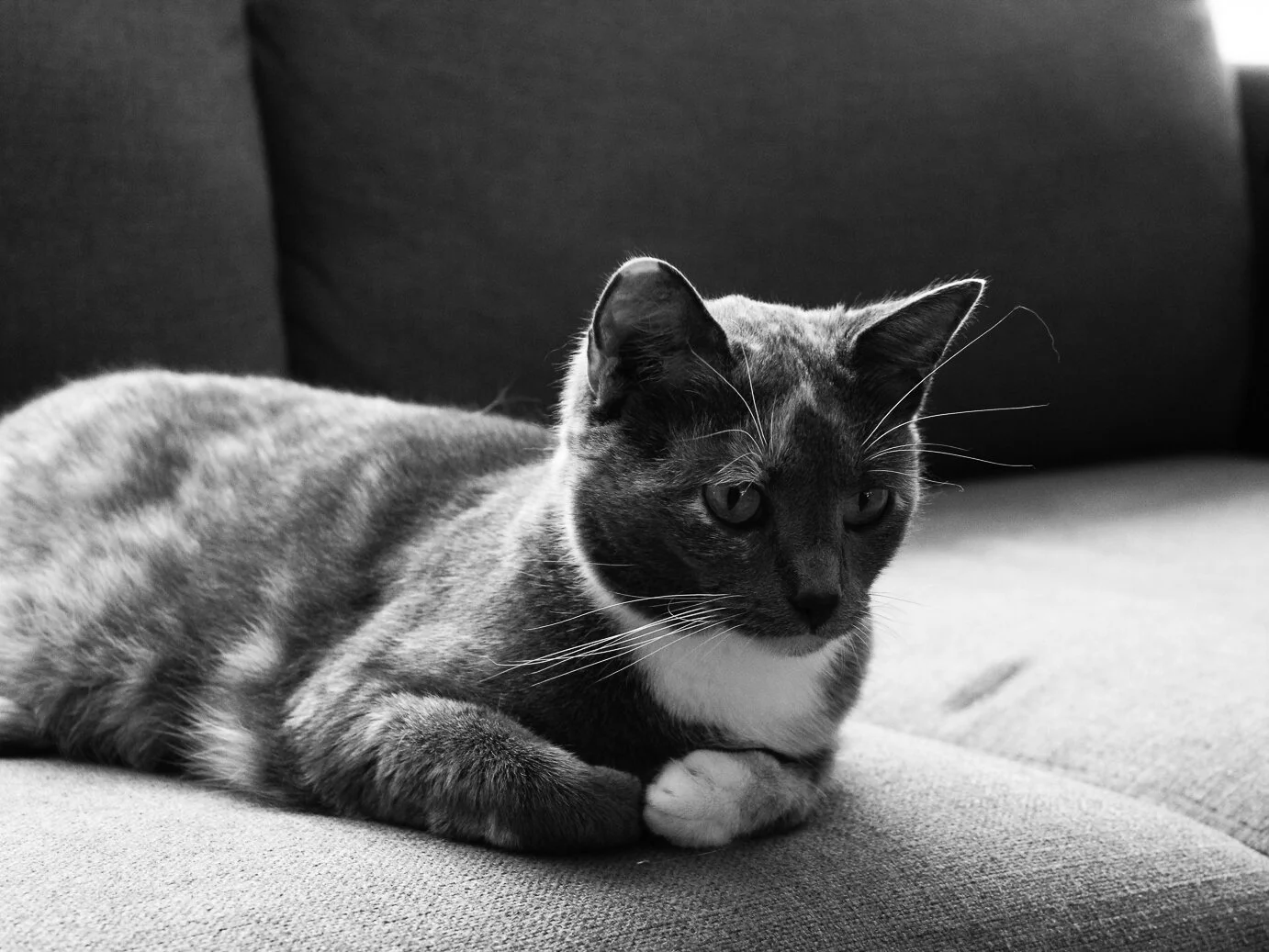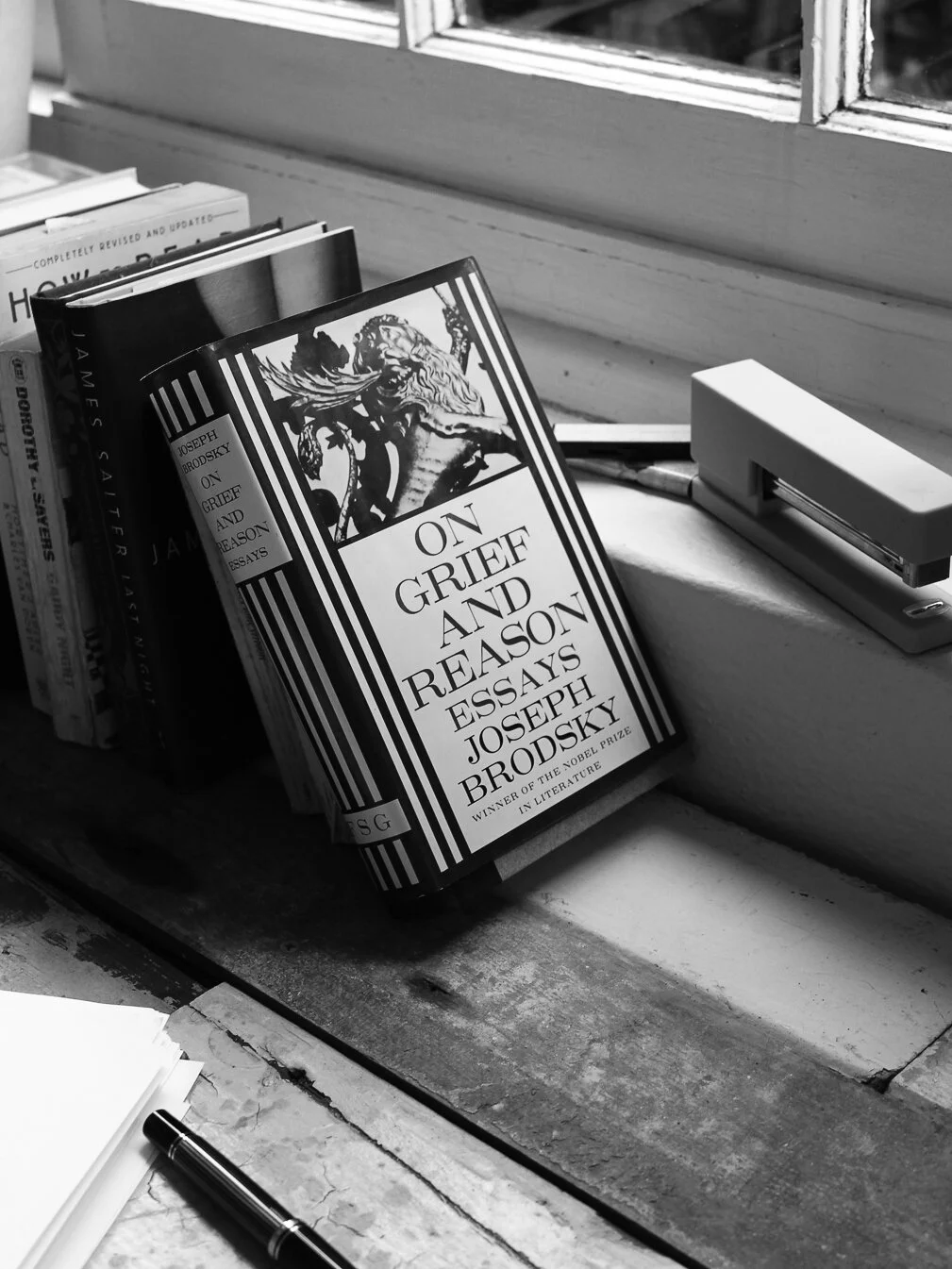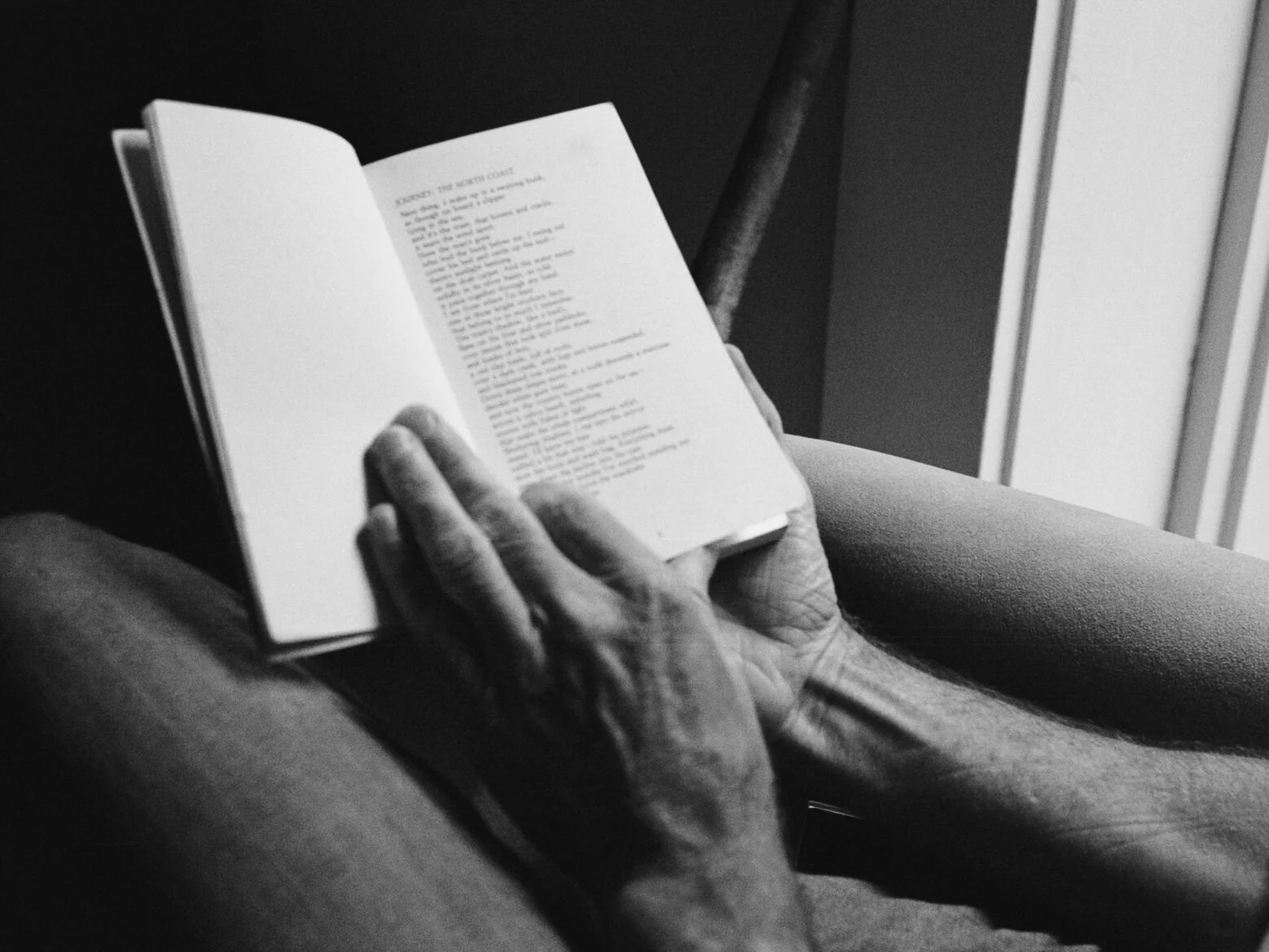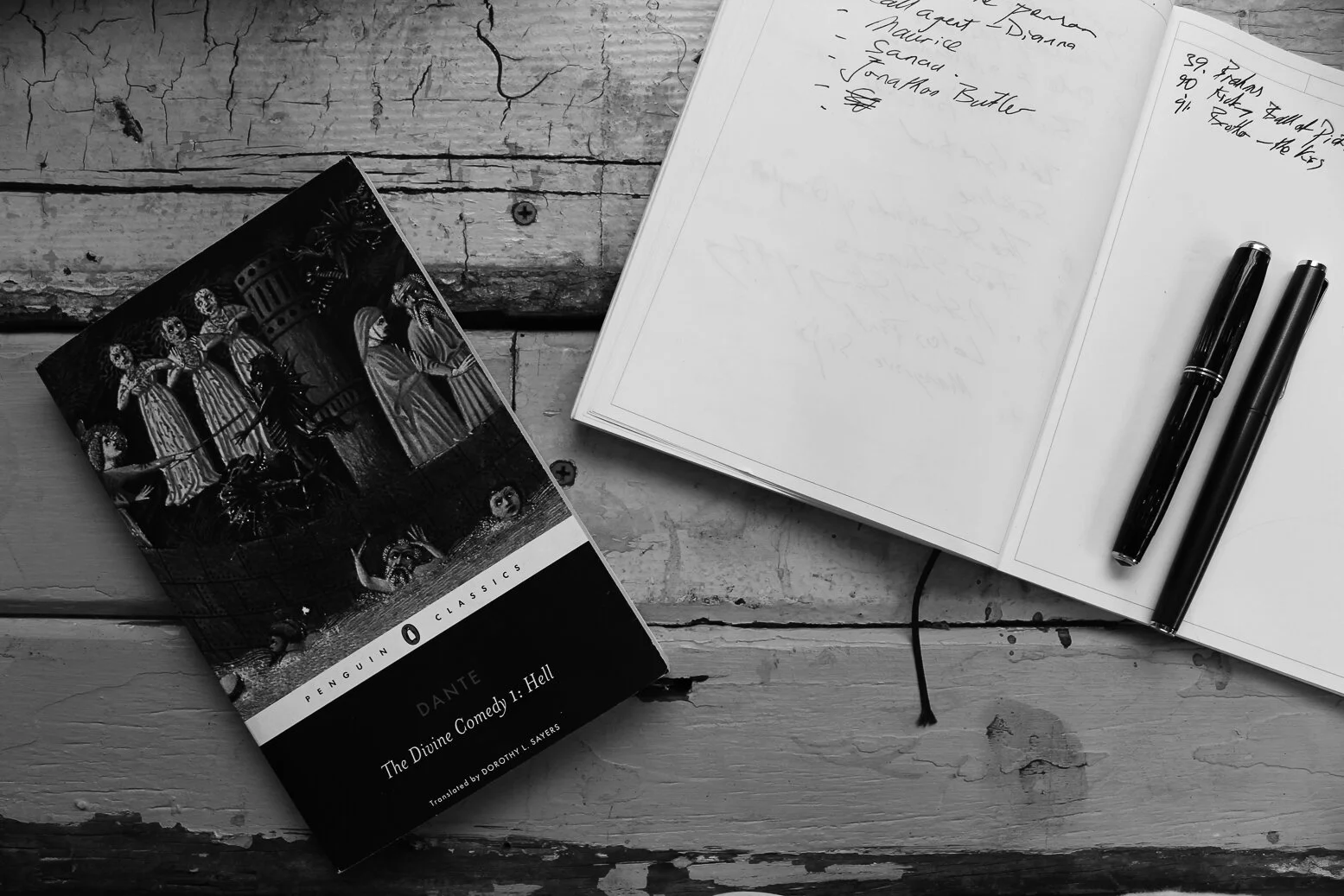T a l k s
On Robert Gray
BRIGHT CROCKERY DAYS is edited by Mark Tredinnick, and contributors include Judith Beveridge, Robbie Coburn, John Foulcher, Luke Fischer, Kevin Hart, Anthony Lawrence, Geoffrey Lehmann, Judith Nangala Crispin, Geoff Page, Brigitte Ross, and Lindsay Tuggle. Too often we leave our tributes too late. Robert Gray is one of the great poets of our age, known to thousands who read him for their HSC or VCE, and beloved of readers of poetry the world over. There is still time to thank Robert Gray for his life of letters and offer an appreciation of his poetry. This book is that tribute.
In BRIGHT CROCKERY DAYS, twenty-five writers and artists choose their favourite poem by Gray and speak about how it works and how it touches them, what it has meant to them, and why it matters so much to all of us. The book is an anthology, then, of much of Robert Gray’s best work, chosen by some who have known him; and it is a collection of trim essays that read those poems closely, elucidating and celebrating some of the poet’s best-known and most-loved pieces. Although each essay examines an individual poem, contributors range freely across Gray’s work, placing it in the context of their own lives, and of the poet’s life and work, and speaking of the place each poem occupies in Australian culture, in contemporary literature, and in the poetic tradition at large. The result is Robert Gray in three dimensions—a manifold, astute and affectionate reading of a great poet’s life and work through twenty-five poems those who knew him love best.
What Poetry is For
Old Beginnings: A Conversation with Bronwyn Lea
A lyrical and thoughtful conversation about how much the world does not know it needs what poetry practices, about poetry as conservation, as recreation, as the art that most does justice to the human condition and to the wild music of all being.
Acceptance Speech for the Tibetan Golden Antelope Poetry Prize
The Tibetan Golden Antelope Poetry Prize, awarded by the organising committee of the Qinghai Lake International Poetry Festival, was established by Jidi Majia, now one of China’s foremost poets and the chair of the China Writers Association, when he was governor of the province and first established the Qinghai festival a dozen years ago.
The prize recognises the body of work of an international poet whose work has made a difference in their homeland and beyond it, and whose work touches on themes of justice and the preservation of the wild and the human spirit; it has been given to Syrian poet Adonis, Argentine poet Juan Hermann, Indigenous American poet Simon Ortiz, and San Franciscan beat poet Jack Hirschman.
Read the full speech here:
Arabic-Australian Writers Festival
Reading, tonight, the beautiful Mahmoud Darwish poem “No More and No Less” for the Arabic-Australian writers of Arncliffe, reflecting on poetry as the idiom of the fractured soul, of the self in exile, the self acquainted at once with death and love; and on on poetry as the world language in its ten thousand dialects, each a speaking of the self in the other, the other in our self. Thank you to these astonishingly lyrical and eloquent speaker-singers, for sharing your table, to Ali for hosting me, and to Shaoquett Moselmane for inviting me, and for his good work for the many disparate voices over his years as an MLC. I’ll see you all sometime soon among the cedars.
Montreal International Poetry Prize 2022
Jury Reading Series
Introduction by Eli MacLaren, director of the 2022 Montreal International Poetry Prize:
Like the late Barry Lopez, like Walter Scott and Wordsworth, like the early-modern French essayist, Michel de Montaigne, Mark Tredinnick sets himself the task of composing a literature of place in which geography sings. His poems evoke, echo, or otherwise correspond to land and place. These correspondences teach us to read our environment as we read a poem, and vice versa. They teach us to open or attune ourselves to the land.
It seems to me that two things happen in a Tredinnick poem. First, immediately, we behold the beauty of a world worth living for. Images of rivers and rainfall, cities and gardens, forests and birds open our windows and clear our heads. Second, on reflection, we grasp that this beholding is itself held in place and held aloft by poetry – by form.Whether ancient or modern, Western or Eastern, evident or latent, this form confirms on a second level the sincerity and marrow of the world’s beauty. The old philosophical chestnuts are sidestepped, the questions of whether or not words can capture a thing, or whether anything has any being except in words. No: instead, Mark draws energy from the analogy between word and world. Nature writing should be to the reader moving through it what an alpine valley is to the hiker turning, halfway up a ridge, to look back over how far she’s come – it should be a view, a breathing in one’s ears, a crease in the earth with a line of life running down and away through it.
May 2, 2022
The Writer’s Chronicle
In Conversation with Chikodi Adeola Olasode
How to Love Like a Mountain
My friend Professor Huang Shaozheng (“Hunter”) asked if I would help him finesse a new translation he was making of the folk songs of Liu Sanjie. Liu Sanjie is widely celebrated in China, in particular in her native Guilin. With her it is hard and pointless, to separate the life from the legend. Her songs, a thousand years old, belong to the tradition of the mountain songs of her people, the Zhuang of the Karst mountains of China’s south.
September 15, 2021
The Litpoetry Podcast Interview
Mark Tredinnick in conversation with James Laidler, 6 August 2021
Little Red Writing Book and Little Green Grammar Book
International BAD Sydney Crime Writers Festival
Ann Cleeves in conversation with Mark Tredinnick, 21 February, 2021
The Blue Nib Interview
Mark Tredinnick in conversation with Denise O’Hagan, 31 December 2020
Teachers Make a Difference
The “Exquisite Spell”
Mark’s Talking Sticks presentation on the neuroscience of right speech, 19 October 2020
StylusLit Interview
Mark Tredinnick in conversation with Rosanna Licari, 1 September 2020
Dumbo Feather Interview
‘Mark Tredinnick heals with poetry’, Dumbo Feather, 28 August 2019
Six Gifts of Poetry
Silk Road International Poetry Week Xichang, China. November, 2018.
The University of Sydney Interview
Mark Tredinnick in conversation with Robyn Ewing, 15 May 2018
